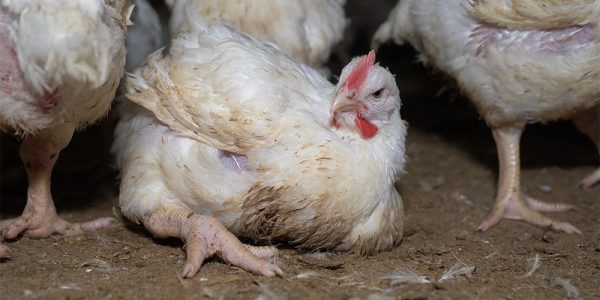Emergencies can occur quickly and without warning. Being well prepared can mean the difference between life and death – particularly for companion animals who are wholly dependent on their carers for their safety.
Hopefully you’ll never have to use your emergency plan, but in case your home is ever threatened by a crisis situation, here are tips on how to make one:
Don’t wait for an emergency to happen
Take time to prepare for emergencies in advance, because if and when disaster strikes, it’s important to know what to do and to act as quickly as possible.
It is recommended that you practice your emergency evacuation plan before it is needed, and also that you designate an ’emergency guardian’. An emergency guardian is someone, preferably close by, who can enact your evacuation plan for your animals if you’re not home. This person could be a neighbour who is home during the day, or any trusted person who you can leave keys with.
Put together a companion animal emergency kit
When evacuating with your companion animals, you’ll need to take supplies to look after them. Make sure to have a companion animal emergency kit ready and easy to access, and that everyone in the family knows where it is.
The kit should include the relevant items below, or as much of it as you can take:
- Any necessary medications for at least 2 weeks, medical and vaccination records and vet details.
- Food, treats and water (eg. bottled) for 2 weeks. If you take canned food, make sure that they are pop-tops (and don’t require a utensil to open).
- Feeding dishes.
- A familiar blanket or bedding, toys and grooming equipment.
- A secure animal carrier, cage, leash and/or harness to move animals to safety.
- Newspaper, paper towels, disinfectant, rubbish bags and disposable litter trays for your animals’ sanitary needs.
- Up-to-date identification tags.
- A current photograph for identification purposes (in case you are separated and need to make “Lost” posters).
- Important phone numbers, such as: your vet, companion animal information and advisory services, RSPCA and/or local animal welfare agency, police, fire and ambulance, neighbours.












